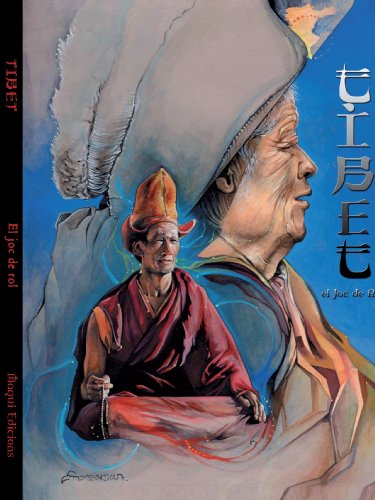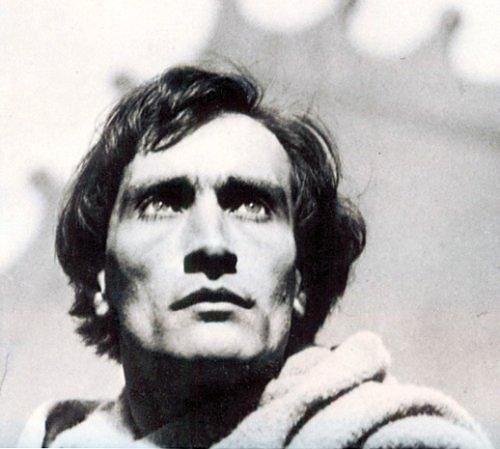
A month or two ago I did an interview with Matthew O’Connell for his ‘Imperfect Buddha’ podcast, where I talked about doing research on Western esotericism as an anthropologist and scholar-practitioner, and about some of the more ‘fringe’ dimensions of global Tibetan Buddhism today. I ended up talking a lot about myself and not that much about the specific details of my research, and Matthew barely got a word in edgeways, but it is what it is. Many of the posts and articles on this blog get a mention. I no doubt said a lot of things that would benefit from further qualification and which I would probably take issue with if I heard myself saying them now. The thought of listening to my voice drone on for that long curdles my juices and fills me with acute horror though, so I’m can’t be sure – you’ll just have to listen to the interview yourselves and tell me how it makes you feel instead.
Shout out to Matt for arranging things, and thinking I was interesting enough to have on the show. Let me know what you think!






